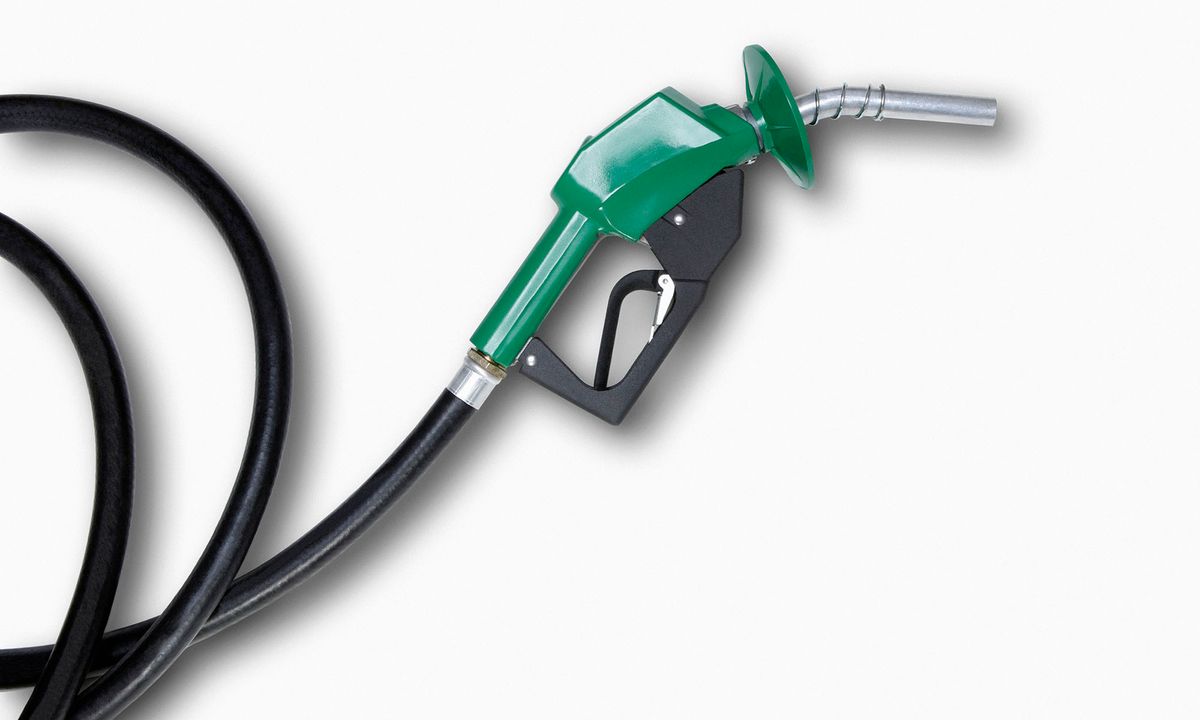aczlan
Good Morning
- Joined
- Mar 7, 2008
- Messages
- 16,985
- Tractor
- Kubota L3830GST, B7500HST, BX2660. Formerly: Case 480F LL, David Brown 880UE
Same here but for NY (as well I think for NJ, MA, CT and possible a couple other states) heating oil has to meet the same sulfur requirements as #2 diesel, so if there is any difference between heating oil and #2 diesel it would be if your heating oil supplier requested a different (cheaper) additive pack than is used for #2 diesel when they filled the truck at the fuel depot.Around here on-road and off-road diesel both get winterized. Heating oil may not. Both heating oil and off road diesel have red dye in them. Kerosine may have red dye in it or it could be clear (also for tax purposes). Kerosine doesn't need to be winterized and is often used for heating when the storage tank is outside.
Aaron Z


